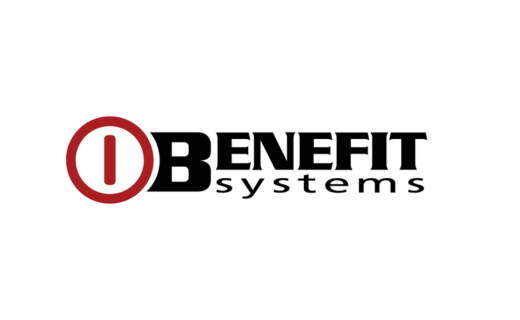Holistic evaluation
B Corp Certification is holistic, not exclusively focused on a single social or environmental issue.


B Corp Certification is a designation that a business is meeting high standards of verified performance, accountability, and transparency.
B Corp Certification is holistic, not exclusively focused on a single social or environmental issue.
The certification process varies and increases in rigour depending on a company’s size and complexity.
At the beginning of the B Corp Certification process, companies must undergo an assessment of risk factors based on their industry and other practices.
B Impact Assessment answers are validated through documentation of your company’s business model and information about your operations, structure, and various work processes
Taking company size and profile into account, verification may also involve a review of potential public complaints and possible site visits.
B Corps are required to undergo the verification process every three years in order to recertify, ensuring standards continue to be met and promoting long-term resiliency.


Whether a private or public company should embark on this specific certification pathway is dependent on its annual revenue as well as the complexity of its structure and operations.
There are two pathways to certification for Large Enterprise businesses:
The parent company may certify by fulfilling the performance and legal requirements and maintaining full transparency; in this case, the parent company must meet requirements for more than 95% of operations. Through this approach, the business can quickly identify gaps and risks, while publicly sharing their intent to certify. This approach is more resource-intensive for the company and requires less visibility from other parts of the organization; it also reflects higher upfront costs.
The second approach requires each subsidiary to meet the B Corp Certification requirements independently. This is relatively resource-light for the parent company, organically builds buy-in and momentum, and makes the process of meeting the legal requirement easier for the subsidiaries. However, this approach may be more expensive over time and may not be possible for centralized businesses.
Fees apply for each step from Application onwards, these fees are based on the company’s revenue and complexity and are invoiced before each step begins.

|
Annual revenue
|
Annual Certification Fee
|
|---|---|
| € 100 - € 174,9 million | € 30,000 |
| € 175 - € 249,9 million | € 35,000 |
| € 250 - € 499,9 million | € 40,000 |
| € 500- € 749,9 million | € 45,000 |
| € 750 - € 999,9 million | € 50,000 |
| € 1 - € 1,49 billion | € 60,000 |
| € 1,5 - € 1.99 billion | € 70,000 |
| € 2 - € 2,49 billion | € 90,000 |
| € 2,5 - € 2.99 billion | € 110,000 |
| € 3 - € 3,49 billion | € 130,000 |
| € 3,5 - € 3,99 billion | € 150,000 |
| € 4 - € 4,49 billion | € 170,000 |
| € 4,5 - € 4,99 billion | € 190,000 |
| € 5 - € 5,99 billion | € 220,000 |
| € 6 - € 6,99 billion | € 260,000 |
| € 7 - € 7,99 billion | € 300,000 |
| € 8 - € 8,99 billion | € 340,000 |
| € 9 - € 9,99 billion | € 380,000 |
| € 10 - € 14,99 billion | € 500,000 |
| € 15 - € 19,99 billion | € 700,000 |
| € 20 - € 29,99 billion | € 900,000 |
| > € 30 billion | € 1,000,000 |




If you work for a larger organisation that is beginning its journey, you may be looking for support in developing a comprehensive plan and timeframe across the whole organisation for securing B Corp certification. Through B Corp Way, you can find consultants to assist you with impact assessment and navigating throughout the journey towards B Corp Certification.




